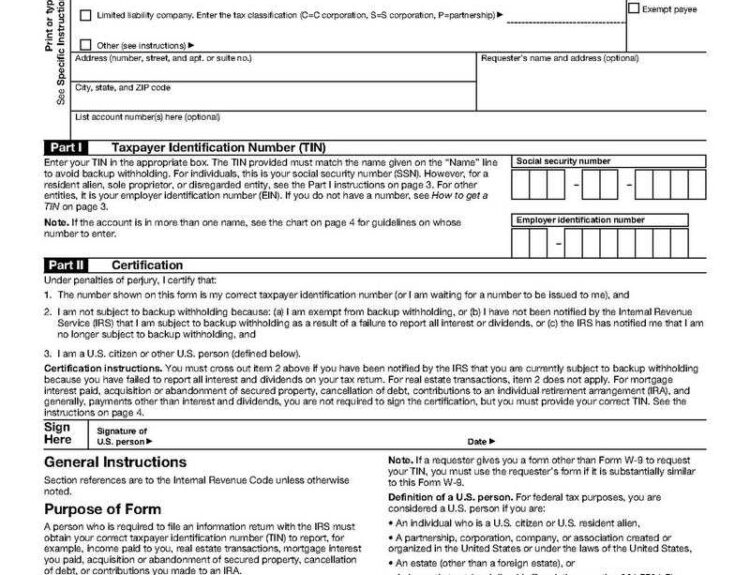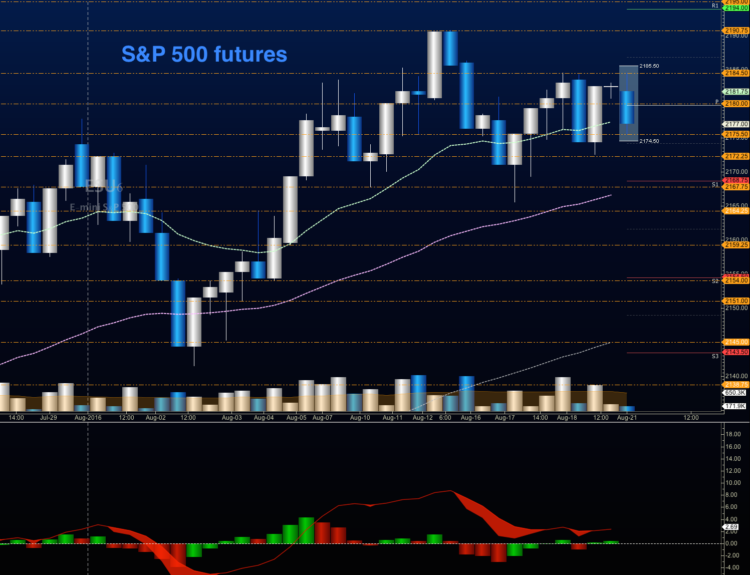The latest inflation data complicates the Fed’s plans
- Producer Price Index for final demand increased by 0.3% in January, higher than expected
- Services drove the increase in inflation, particularly in healthcare, professional services, financial services, and entertainment
- The inflation data suggest a cautious approach to easing monetary policy
- The data feeds into the calculation of the Fed’s preferred inflation gauge
- Core PCE inflation is projected to increase to 0.4% in January
- The increase in inflation may delay interest rate cuts by the Fed
- The January rate of inflation is unlikely to be sustained going forward
- Businesses retain significant pricing power
Wholesale prices jumped in January, indicating that inflation is stronger than expected and may force the Federal Reserve to delay interest rate cuts. The increase in inflation was driven by services, particularly in healthcare, professional services, financial services, and entertainment. This data suggests that the Fed’s cautious approach to easing monetary policy was justified. The Producer Price Index for final demand, which feeds into the Fed’s preferred inflation gauge, increased by 0.3% in January, higher than economists’ predictions. Core PCE inflation is projected to increase to 0.4% in January. However, economists believe that the January rate of inflation is unlikely to be sustained in the future. Businesses retain significant pricing power, which may further delay rate cut decisions by the Fed. Overall, the latest inflation data complicates the Fed’s plans and may result in a longer period of unchanged interest rates.
Factuality Level: 7
Factuality Justification: The article provides information about the Producer Price Index (PPI) increasing by 0.3% in January, which was higher than economists’ predictions. It also mentions that services drove the increase in PPI, particularly in healthcare, professional services, financial services, and entertainment. The article includes quotes from economists and projections for the core personal-consumption expenditures price index (PCE) inflation. It acknowledges that the January inflation data may be influenced by one-off price hikes and that the rate of inflation is unlikely to be sustained. However, it suggests that the data could delay rate cut decisions by the Federal Reserve.
Noise Level: 3
Noise Justification: The article provides relevant information about the Producer Price Index (PPI) and its implications for inflation and interest rate cuts. However, it contains some repetitive information and lacks in-depth analysis or actionable insights.
Financial Relevance: Yes
Financial Markets Impacted: The article suggests that the Federal Reserve may delay interest rate cuts due to the increase in wholesale prices, which could impact financial markets and companies.
Presence Of Extreme Event: No
Nature Of Extreme Event: No
Impact Rating Of The Extreme Event: No
Rating Justification: The article discusses the potential impact of the increase in wholesale prices on the Federal Reserve’s decision to cut interest rates. While this is not an extreme event, it has financial implications and could affect financial markets and companies.
Private Companies: FactSet,PNC,Citi,Bank of America,Santander
Key People: Kurt Rankin (PNC Senior Economist), Andrew Hollenhorst (Citi’s chief U.S. economist), Stephen Juneau (Bank of America economist), Michael Gapen (Bank of America economist), Stephen Stanley (Santander’s chief economist), Christopher Waller (Fed governor)
 www.marketwatch.com
www.marketwatch.com 





